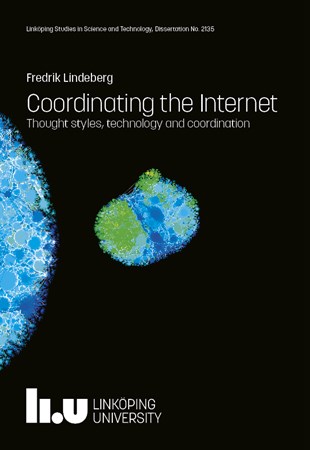In Digitisation and management, we direct attention to new, fast-growing, typically international or national-boundary-spanning enterprises (not least in creative industries), that really strive to understand and use our technology-intense environment to create value for different actors. We look for insights and tools to see through the hype that constantly surrounds technical development and growth. Digitisation contributes to the development of an expectation economy, where words like unique and disruption, and ideals like borrow much, grow fast, harvest later fan the build-up of inflated expectations.
We strive to dissect the unicorn dream and understand the mechanisms behind the soaring valuation, and the conflicts between innovation and norm transgression, of companies like Apple, Amazon, Google, Uber, Mojang, Klarna and Spotify. But digitisation only sometimes deals with classical IT companies; digitisation can be an important factor in the business environment, the core of the product, a prerequisite for service delivery, or a cornerstone in networking. By taking a business ecology perspective (a wider network perspective), the chance increases to be able to identify parallels and to see how success to a large extent builds on fortunate combinations of already widely existing ideas and resources. This provides a basis for realistically perceiving possibilities and challenges. To identify business models, their potential and risks, entails both seeing how the specific value offering is created and provided, and discerning existing and alternative pricing models for significant parts of the resource acquisition and income generation.
Turning the focus inwards, to how the relevant organisation (today, increasingly a virtual collaboration across the borders of legal entities) function (and can possibly be strengthened), one area of interest is knowledge management (knowledge development and dissemination and competence management in increasingly interlinked and distributed organisations). Management is also to a large extent about management control, and here, digitisation continues to create possibilities. In our increasingly digitised world, it is steadily more desirable to have conscious ways of monitoring and perceiving significant developments in the business environment and within the organisation, and to encourage and get employees and partners to strive towards common goals.
To get an organisation to act strategically, you need strategic control. In our management control research, we focus on the strategic dialogue: how can you as management use management control instruments to communicate, and communicate about, desirable directions? How can management control tools help management and co-workers to perceive their environment and the organisation's acting and results in such a way that fast, decentralised and coordinated acting becomes possible? How can management control tools be used to achieve effective collaboration with partners? How can, for example, sustainability ambitions be concretised through dialogues around strategy maps and balanced scorecards? And how could such tools be modified to incorporate UN SDGs (sustainable development goals)?
Also, we do not take shareholder supremacy as a dictum or ideal. Dynamic stakeholder analyses, where stakeholder stereotypes and course groupings are unpacked and questioned, form part of our research. Exploration of combinations of social and economic concerns that keep open-source development going, is another, related part. Human-centred organising and attention to how people fare, and how management control, organisational goals and internally generated performance ambitions relate to human needs in organisational cooperation, is yet an aspect.
In all these research directions, visualisation and the growing use of visuals in organisational communication and management control, is an issue, that we pay attention to in our research.





